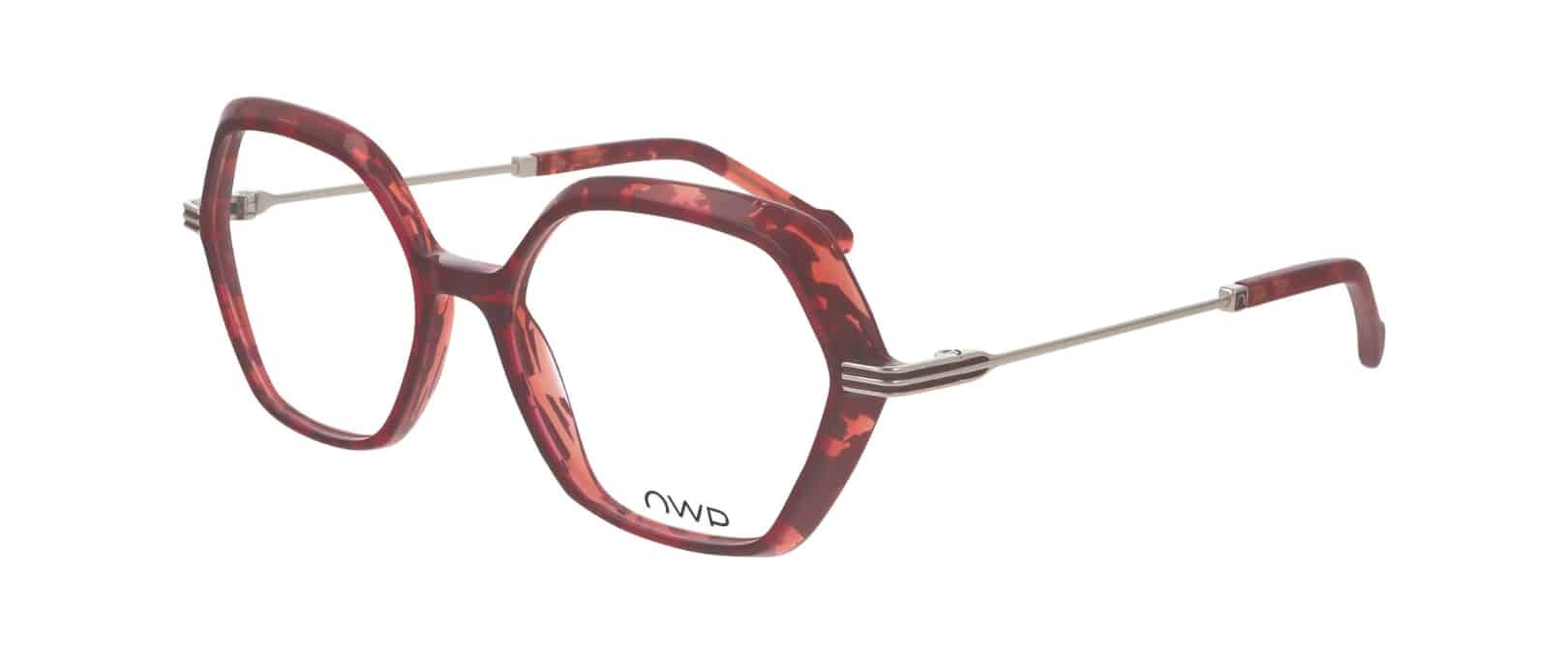CORE Biosciences Group Uses Radiolabeled Proteins to Study RGP Contact Lens Deposition
Wednesday, February 15 2023 | 13 h 14 min | News, Press Release, Vision Science
Scientists at the Centre for Ocular Research & Education (CORE) have applied a novel method to answer a long-held question: how much protein is really deposited on rigid gas permeable (RGP) contact lenses? Historically, RGP protein deposits have been difficult to measure because of test sensitivity limitations.
To overcome that challenge, the CORE Biosciences group undertook a unique approach, incorporating radiolabeled lysozyme into an artificial tear solution then determining on-lens protein sensitively through radioactive counts. While CORE had used the technique for soft contact lens deposition studies in the past, this was a first for RGPs.
Seven common RGP lens materials were soaked in the radioactive artificial tear solution for 16 hours, followed by eight hours of exposure to a 3% one-step hydrogen peroxide (OSP) care solution to investigate cleaning ability.
Investigators determined the deposits were minimal, ranging from 1.2 ± 0.2 μg to 3.2 ± 0.7 μg per lens without use of a cleaning solution. Moreover, the OSP solution significantly reduced the amount of radioactive lysozyme present on the majority of RGPs after 30 alternating incubating and cleaning cycles when compared to using phosphate buffered saline, with measurements of remaining lysozyme on cleaned lenses ranging from 1.3 ± 0.1 μg to 2.5 ± 0.1 μg per lens.
“Renewed interest in RGP lenses around the world, sparked by the rise in their use for myopia management, has subsequently increased the desire for more advanced research. CORE has built a reputation for discovering new ways to precisely assess ophthalmic devices and pharmaceuticals, and this radiolabeling technique has strong potential for other applications,” said Alex Hui, OD, PhD, FAAO, head of Biosciences at CORE.
CORE’s multidisciplinary Biosciences team investigates fundamental research questions relating to the ocular surface and biomaterials, particularly contact lenses. Last year, CORE expanded its specialty contact lens focus to also include design optimization for orthokeratology, scleral lens physiological performance, and the impact of scleral lenses on ocular surface disease and dry eye management.
The work was first presented as a scientific poster, The impact of RGP care solutions on ISO measured lens parameters and the protein deposition on RGP lenses when managed with a hydrogen peroxide care solution, Hui, et al., at the 2023 Global Specialty Lens Symposium. CooperVision provided study funding support.
Click HERE for the press release.








